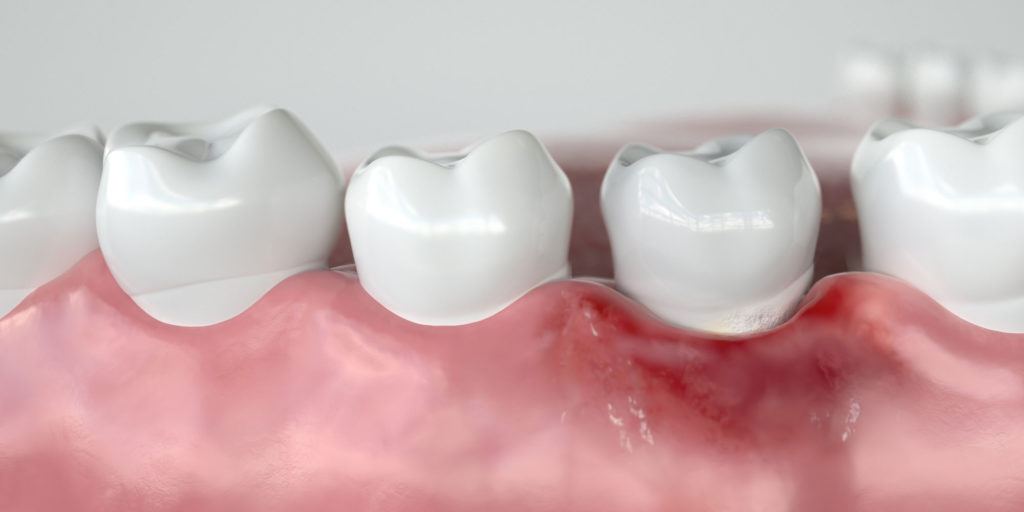
You May Have Gum Disease, Learn How We Can Help
Are you experiencing red, tender gums or tooth sensitivity? These signs may indicate gum disease. Fortunately, the Oakdale dentists at Advanced Dentistry Ameredes & Associates provide targeted treatment for gum disease, getting to the root of the issue for lasting symptom relief.
With our personalized gum disease treatment, we can protect your oral health. To learn more about our treatment or to schedule an appointment, contact us! For Oakdale, PA, please call 412-788-6300. Act now to prevent tooth loss and more serious health issues!
What Is Gum Disease?
Gum disease, or periodontal disease, is a chronic inflammatory condition affecting the gums and supporting structures around the teeth. It typically begins with the accumulation of plaque, a sticky film of bacteria, on the teeth. When not adequately removed through proper oral hygiene practices like brushing your teeth and flossing, the plaque hardens into tartar, leading to inflammation of the gums.

Stages of Periodontal Disease
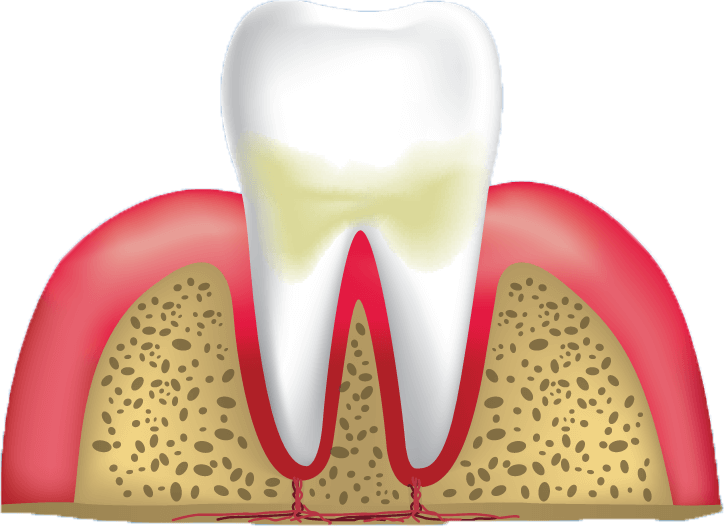
- Gingivitis
The earliest stage of periodontal disease, gingivitis, is usually accompanied by swollen gums that may bleed while brushing and flossing, although sometimes, no symptoms are noticeable at all. At this point, the disease has not reached the bone underneath the soft tissue of the gums, and as a result, is reversible with professional cleanings and better oral maintenance.
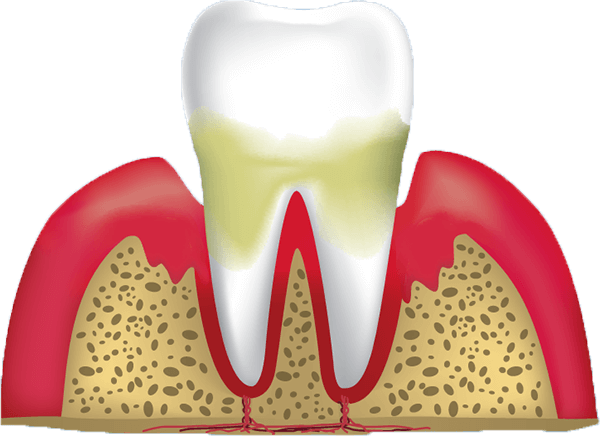
- Periodontitis
At the periodontitis stage, your gums may be receding, and deep periodontal “pockets” have formed between your teeth and gums. These pockets are hollow areas that harbor tartar, plaque, and disease-causing bacteria. Open and susceptible to infection, bacteria has reached and permanently damaged your bone. If you believe you’re at this stage, seek periodontal disease treatment immediately to prevent further damage, including tooth and bone loss as well.
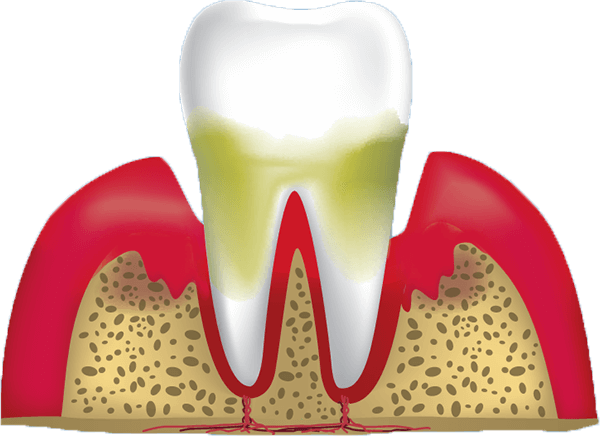
- Advanced Periodontitis
During advanced periodontitis, the infection has progressed and damages the connective tissues and jawbone that support your teeth. As a result, your teeth can loosen, shift, and even fall out. This may result in changes to your bite and malocclusion of loose teeth, as well as significant limitations to your oral function. We highly recommend immediate treatment and may advise receiving osseous surgery to manage the disease.
Signs of Gum Disease
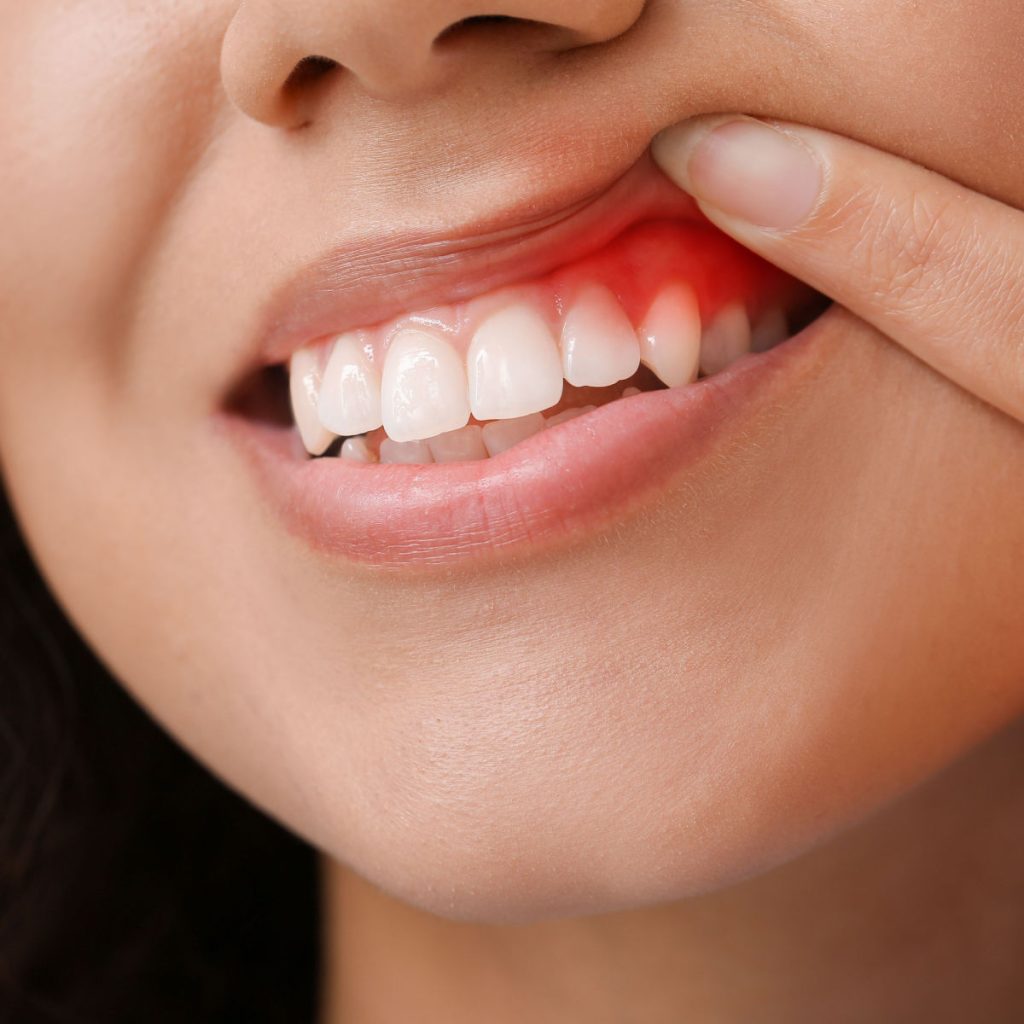
Gum disease often presents itself in signs such as:
- Changes in the fit of partial dentures
- Pain while chewing
- Changes in the alignment of the teeth
- Formation of abscesses or pus between teeth and gums
- Changes in the way the teeth fit together when biting
- Swollen, tender, or bleeding gums
- Persistent bad breath (halitosis)
- Receding gums
- Deep pockets between gums and teeth
- Heightened tooth sensitivity
- Loose or shifting teeth
Risk Factors of Gum Disease



Common risk factors of periodontal disease include the following:
- Poor Dental Hygiene: Inadequate brushing and flossing can lead to the accumulation of plaque and tartar.
- Tobacco Use: Both smoking and smokeless forms of tobacco compromise blood flow to the gums, hindering the body’s ability to combat infection.
- Existing Systemic Health Problems: Conditions such as diabetes and cardiovascular diseases are associated with an increased risk of gum disease due to compromised immune function.
- Genetic Predisposition: Individuals with a family history of periodontal disease may have a higher likelihood of developing it themselves, underscoring the role of genetic factors in susceptibility.
- Age: The risk of gum disease tends to increase with age.
- Hormonal Changes: Hormonal fluctuations during puberty, pregnancy, menstruation, and menopause can make gums more susceptible to periodontal disease.
- Medications: Certain medications, such as antihypertensive drugs, antihistamines, and some antidepressants, may affect oral health.
- Poor Nutrition: A diet lacking in essential nutrients can compromise the immune system’s ability to fight infections, including those affecting the gums.
- Bruxism (Teeth Grinding): Excessive teeth grinding or clenching can contribute to periodontal disease by putting additional stress on the supporting structures of the teeth.
- Obesity: Being overweight or obese has been associated with an increased risk of gum disease.
- Stress: Chronic stress may weaken the immune system, making individuals more susceptible to infections, including gum disease.
- Medical Conditions: Certain medical conditions, such as rheumatoid arthritis and Crohn’s disease, have been linked to an increased risk of periodontal disease.

Gum Disease and Whole-Body Health
Cardiovascular Health
Periodontal disease has been implicated in cardiovascular issues, with research suggesting a correlation between periodontal disease and an increased risk of heart conditions. The link is believed to be rooted in the chronic inflammation associated with gum disease, which may contribute to the development or exacerbation of cardiovascular problems.
Studies, such as those published in the American Heart Association’s Journal Circulation, highlight the need to address gum health as part of a comprehensive approach to cardiovascular care.
Diabetes Management
The relationship between diabetes and periodontal disease is bidirectional. Individuals with diabetes may find it challenging to regulate blood sugar levels when gum disease is present. Conversely, left untreated, gum disease can worsen diabetes symptoms and complications. The American Diabetes Association emphasizes the importance of oral health in diabetes management, recognizing the potential impact of gum disease on overall health outcomes.
Respiratory Health
The bacteria associated with periodontal disease can be aspirated into the respiratory tract, potentially contributing to respiratory infections. This connection underscores the importance of oral hygiene in maintaining respiratory health. Research studies, including those published in medical journals such as Chest, emphasize the need to consider oral health as a factor in preventing respiratory complications.
Pregnancy Complications
Pregnant individuals with periodontal disease may face an elevated risk of adverse pregnancy outcomes, including premature birth and low birth weight. The American Academy of Periodontology underscores the importance of addressing gum disease during pregnancy to reduce the risk of complications. Hormonal changes during pregnancy can increase susceptibility to gum disease, emphasizing the need for proactive dental care.
Joint Health
Periodontal disease has been associated with increased severity of rheumatoid arthritis symptoms. Inflammatory pathways common to both conditions may contribute to joint pain and discomfort. Studies, such as those published in the Journal of Oral & Maxillofacial Surgery, suggest a potential link between gum disease and rheumatoid arthritis, urging comprehensive healthcare approaches for individuals with both conditions.
Cognitive Function
Research studies propose a potential link between periodontal disease and cognitive decline in older adults. Chronic inflammation, a common factor in both gum disease and cognitive disorders, may play a role in affecting cognitive function. The Journal of Alzheimer’s Disease and other reputable sources have explored these connections, highlighting the need for further investigation into the interplay between oral and cognitive health.
Systemic Inflammation
Chronic inflammation from untreated periodontal disease can contribute to systemic inflammation, impacting various organs and systems in the body. This interconnectedness underscores the significance of addressing gum health as part of overall wellness. Journals like Science Advances emphasize the role of oral health in systemic inflammation and advocate for integrated healthcare strategies to manage inflammatory conditions.




Frequently Asked Questions
Regular dental check-ups are essential for preventing gum disease. Dentists can detect early warning signs of gum problems, provide professional cleanings, and offer guidance on maintaining optimal oral hygiene. Most individuals should schedule dental visits at least twice a year, but the frequency may vary based on individual oral health needs.
Gingivitis, the earliest stage of gum disease, is reversible with proper oral care. Improved brushing and flossing habits, along with professional dental cleanings, can eliminate inflammation. However, more advanced stages may not be fully reversible, emphasizing the importance of early detection and treatment.
Using fluoride toothpaste and an antimicrobial mouthwash can be beneficial in preventing gum disease. Additionally, choosing a toothbrush with soft bristles and replacing it regularly can help maintain gum health. Your dentist can recommend specific products based on your individual oral health needs.
Overbrushing, using a toothbrush with hard bristles, or applying too much pressure can damage the gums and tooth enamel, increasing the risk of gum recession and sensitivity. Dentists recommend using a soft-bristled toothbrush and gentle brushing techniques to keep healthy gums and prevent unnecessary irritation.
Learn More About Controlling Gum Disease, Call Today!
If you’re experiencing signs of periodontal disease, such as redness, tenderness, or tooth sensitivity, don’t wait. Our dentists are here to help you understand gum disease, including signs and symptoms, as well as to provide effective treatment for any stage.
To schedule an appointment, patients in Oakdale can reach us at 412-788-6300. Click the button below or call today for comprehensive and compassionate periodontal disease care. We also serve surrounding areas such as Cranberry, Bridgeville, and Canonsburg, PA.

